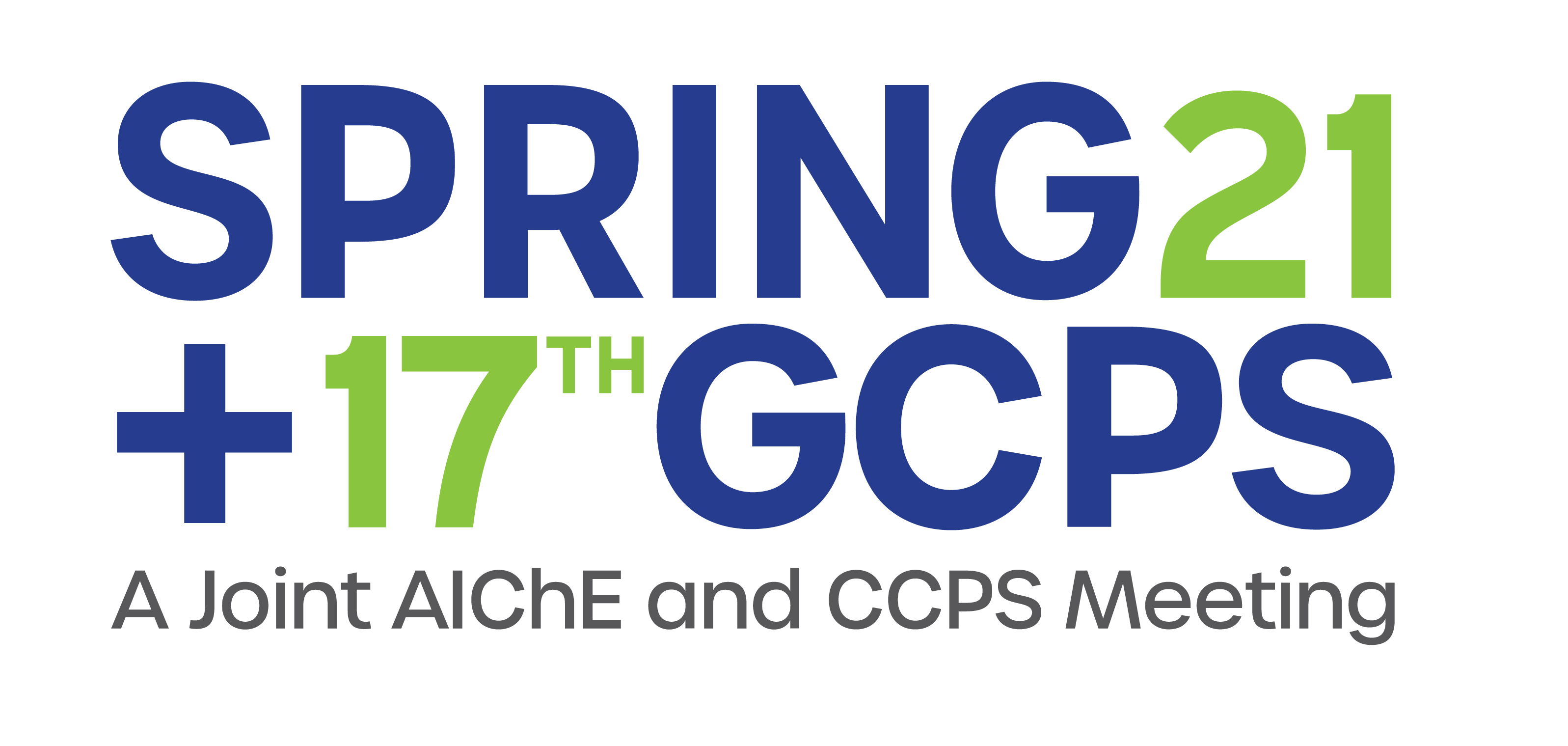

Traditional Process Hazard Analysis (PHA) and Layers of Protection Analysis (LOPA) toolsets provide systemic approaches for assessing potential hazards associated with a process and identifying appropriate mitigation. However, events involving reactive chemistry may stem from infrequent, complex combinations of initiating events that can be more difficult to identify and address through traditional PHA or LOPA analyses. These reactive chemistry events may result in significant consequences1 and mitigations may be desired even if the probability of occurrence of any one scenario is very low. This paper describes the current state of LyondellBasell’s recently developed reactive chemical hazard (RCH) methodology which is being applied to help identify lower probability but potentially high consequence events contributed to or caused by an unintended or uncontrolled reaction. This work also describes key successes and challenges experienced with development and initial implementation of this program over the last two years, and outlines options for institutionalizing this change into an established management system with existing strong risk assessment programs.
Presenter(s)
Once the content has been viewed and you have attested to it, you will be able to download and print a certificate for PDH credits.
If you have already viewed this content,
please click here
to login.
Language
Pricing
Individuals
| AIChE Member Credits | 0.5 |
| AIChE Pro Members | $19.00 |
| AIChE Graduate Student Members | Free |
| Safety and Health Division Members | Free |
| AIChE Undergraduate Student Members | Free |
| AIChE Explorer Members | $29.00 |
| Non-Members | $29.00 |
